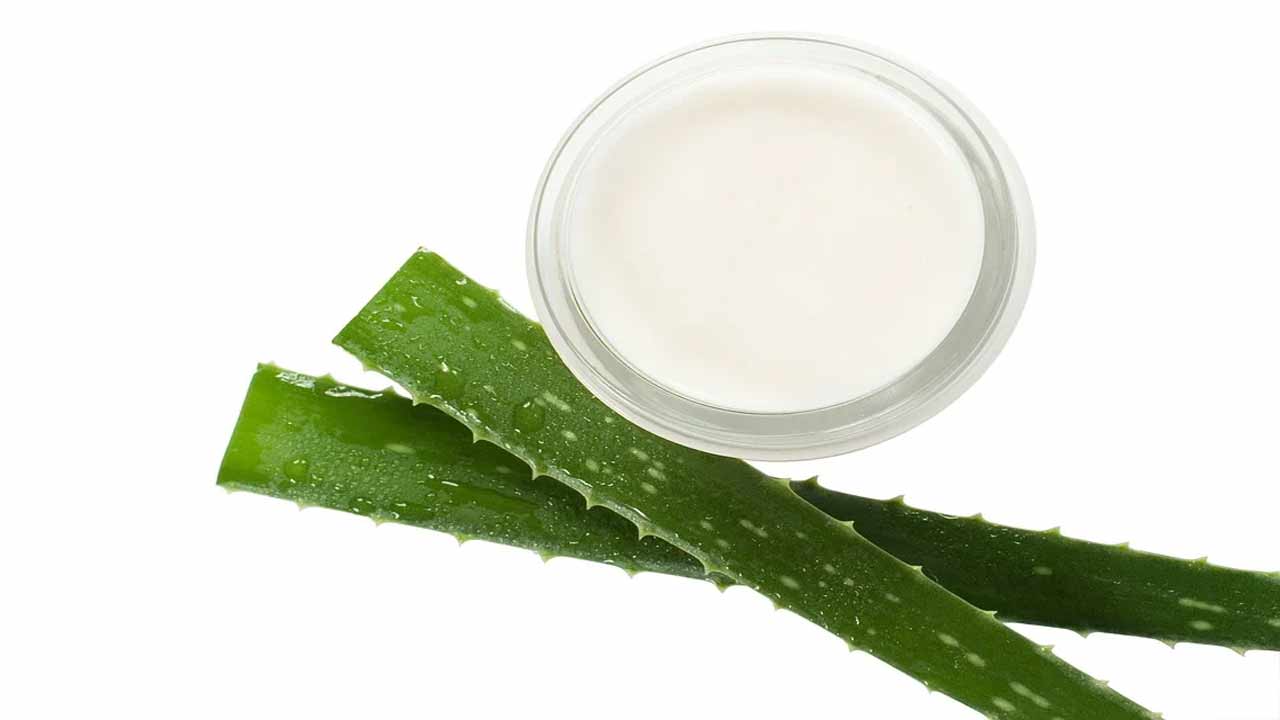Psoriasis is a lifelong autoimmune skin condition characterized by red, flaky patches on the skin. Even though it affects your skin, but the condition actually begins deep inside your body in your immune system.
Psoriasis symptoms is caused when our T cells, a type of white blood cell designed to protect the body from infection and disease, cells mistakenly become active and set off other immune responses, it can lead to psoriasis symptoms.
Even though it is not clear whether any alternative treatments are definitively effective, there are some alternative treatments that are considered generally safe. However, it is always advisable to speak to a doctor.
The appearance of the skin can improve with exposure to sunlight. According to the National Psoriasis Foundation, 5 to 10 minutes of midday sun exposure once a day is recommended. It is always better to use sunscreen on healthy skin or cover it with a cloth so that only the affected areas get exposure to the sun.
Research has noticed an improvement in autoimmune disease after consumption of omega-3. A 2014 meta-analysis found “moderate evidence” that fish oils might help people with psoriasis, which is both inflammatory and autoimmune.
Probiotics may help in managing psoriasis as it is an autoimmune disease. Having the right balance of bacteria in the body may help the immune system.
Curcumin, an active ingredient of the spice turmeric, may reduce inflammation and also psoriatic activity. A study on mice in 2016 led scientists to conclude that curcumin has great potential to treat psoriasis.
Aloe vera has been used for long to treat skin wounds. Applying an ointment containing aloe vera may help reduce psoriasis.
Apple cider vinegar may help in burning and itching resulting from scalp psoriasis. However, it is not suitable for applying to areas of cracked or broken skin. Apple cider vinegar contains natural germ-killing properties.











